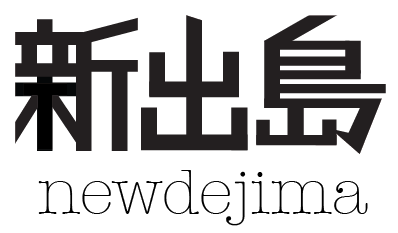2010/12/02
"Mongolia revokes mining licences" from South China Morning Post
"The Mongolian government stunned the mining industry around the world with an announcement that it will revoke at least 254 mining licences across the country on environmental grounds."
ラベル:
モンゴル/Mongol,
管理/management,
鉱業/mining,
資源/resource
2010/11/16
"Mongolia-based coal miner South-Gobi Energy Resources, which dismayed investors in August by admitting the quality of the coal it was mining at its flagship Ovoot Tolgoi project was much lower than previsouly forecast, has attempted to reassure that the problem is under control." from South China Morning Post
ラベル:
モンゴル/Mongol,
資源/resource
"Bruno Schroder may be one of the richest men in the world but he has simple desires : an iPhone and a trip to Mongolia." from South China Morning Post
"Flying has been always been Schroder's hobby. He flies his own plane from his Scottish home to work in London to avoid the traffic."
"We have passed through a few crises in 200 years. The key is to be conservative and to manage risk properly."
"All family members need to work hard and to have up-to-date skills that are needed. I also want to keep up with technology by trying to use the iPhone. Also, don't spend more than your income."
"We have passed through a few crises in 200 years. The key is to be conservative and to manage risk properly."
"All family members need to work hard and to have up-to-date skills that are needed. I also want to keep up with technology by trying to use the iPhone. Also, don't spend more than your income."
ラベル:
モンゴル/Mongol,
管理/management
"Charlie Rose talks to Mongolia's Prime Minister" from Bloomberg Businessweek
"I just interviewed the president of Chile. Its largest market is China - especially for copper. Give us a sense of what the market is for minerals in Mongolia.
We are already the No.4 exporter of coal to China. We are a quite serious exporter of copper to China, and with our copper and gold project with Rio Tinto, we would easily double and triple [copper] exports to China. There is huge potential. On top of that, we have new commodities to export to China - iron ore, zinc - and we do have some prospects for oil and gas and important reserves of uranium. But we are a landlocked country ... and transit costs equal almost 10 percent of GDP. So with encouragement from my government, we are [looking beyond the export of raw materials] to adding value in processing and putting more priority on industrialization, which will create jobs.
What's the economic model? Is it more like the U.S. or China? Or is it some hybrid?
After 20 years of transition, we're trying to define which would be the best model for us. And we have seen the Chilean model, because Chile is a mining country. We are looking now at Canada and what it has achieved because although there are big differences in development and other things, there are a lot of natural similarities between Mongolia and Canada. We're cold countries with vast territories, smaller populations relatively, and mining and agriculture are key. And we're next door to major neighbors like the U.S., China, and Russia.
Any golf courses over there?
Yes, we have one.
We are already the No.4 exporter of coal to China. We are a quite serious exporter of copper to China, and with our copper and gold project with Rio Tinto, we would easily double and triple [copper] exports to China. There is huge potential. On top of that, we have new commodities to export to China - iron ore, zinc - and we do have some prospects for oil and gas and important reserves of uranium. But we are a landlocked country ... and transit costs equal almost 10 percent of GDP. So with encouragement from my government, we are [looking beyond the export of raw materials] to adding value in processing and putting more priority on industrialization, which will create jobs.
What's the economic model? Is it more like the U.S. or China? Or is it some hybrid?
After 20 years of transition, we're trying to define which would be the best model for us. And we have seen the Chilean model, because Chile is a mining country. We are looking now at Canada and what it has achieved because although there are big differences in development and other things, there are a lot of natural similarities between Mongolia and Canada. We're cold countries with vast territories, smaller populations relatively, and mining and agriculture are key. And we're next door to major neighbors like the U.S., China, and Russia.
Any golf courses over there?
Yes, we have one.
ラベル:
カナダ/Canada,
チリ/Chile,
モンゴル/Mongol,
資源/resource
登録:
投稿 (Atom)








